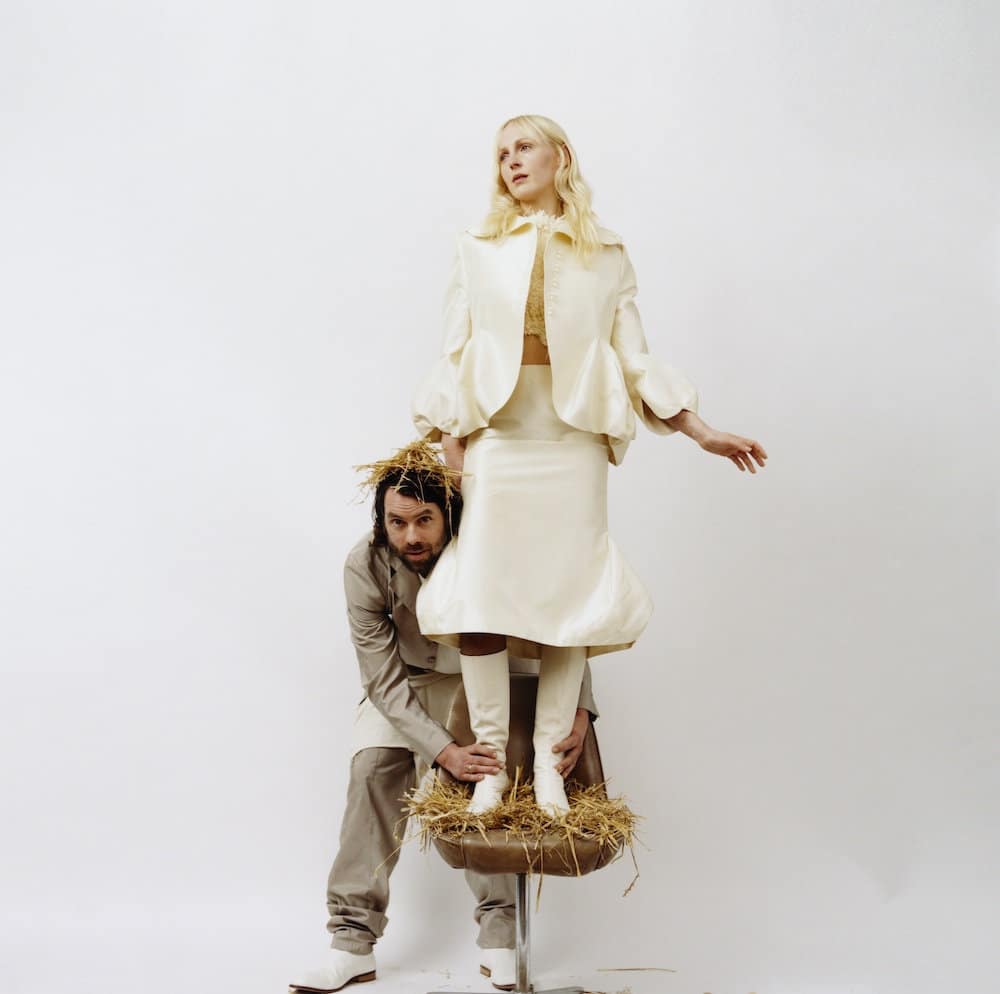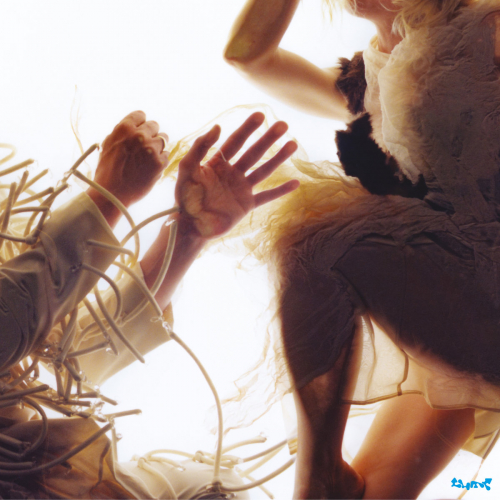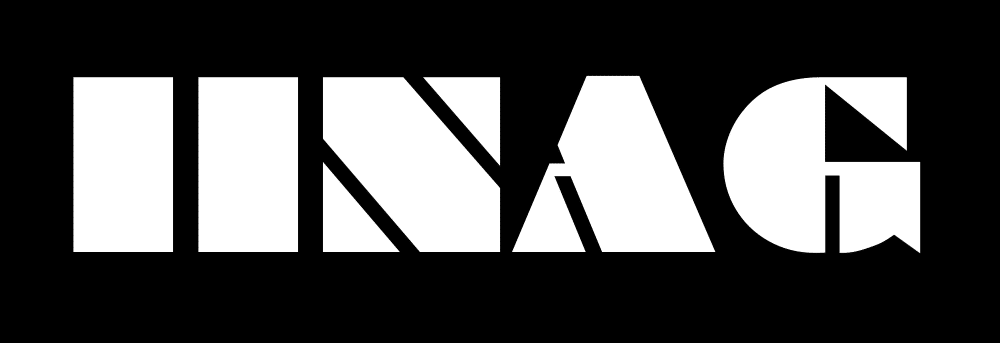
There is a wild, fragmented bridge in the title track of LUMP’s ‘Animal’, in which Laura Marling’s voice prioritises abyss-dwelling hallows over melody. Made up for by Mike Lindsay’s spritely synth lines, the track is one of the few from the duo’s second collaboration that abandons melody, as shuffling sequences of notes otherwise frequent proceedings.
Such a pronounced stance on melody is something Laura Marling could do more. Not that her folk dealings aren’t some of today’s most tuneful, but with lively instrumentation on her side – electronic; a mix of acoustic and digital sounds in the case of ‘Animal’ – she has suddenly morphed into a frontwoman with enviable artillery.
Much like the duo’s self-titled debut, the objective of ‘Animal’ is to divert as far from what Tunng and Marling are known for as possible – ‘possible’ is the operative word; there is still recognisability. There is a magic to this; the quintessence of the album exists in how Marling’s voice deviates from Lindsay’s touch, despite a clear, hand-in-glove chemistry.
Whispers eerily embrace feverish highs on ‘Climb Every Wall’, but those highs bounce off the page more-so on ‘Paradise’. Her voice feels so foreign to the rest of the song’s environment, underscored by a near-anti-singing falsetto that grows toward the end of each verse, frolicking away from chords that develop via gruelling, horror-esque metamorphosis, like something Goblin may have made for Dario Argento.
The two come together to blur genre on ‘Gamma Ray’. See how Marling’s voice takes on the willowing mechanism of a flute, while a flute actually plays simultaneously. The voice rises like the upthrusts of a flying object as it tunefully sings “a sense of what you cannot name / offence, it pulled you in again” again, like the high end of a woodwind.
Marling remains resilient when calming, letting go of a higher register over the starkness of ‘Red Snakes’; while much of ‘Animal’ has her operate motherly over electronica, despite difficulty, this time it’s just motherly.
Basically, she knocks it out of the park. If there’s a lyric that embodies her effort, it’s “my object of choice is the oil that forms on a well-strung voice” from the coming-of-age ‘We Cannot Resist’. She gallops in-song, providing upbeat catchiness as well as savour, a tang that exists less on surrounding tracks ‘Hair on the Pillow’ and ‘Oberon’; the former is a brief instrumental and the latter assigns Marling much less to flirt with, sort of a less alluring ‘Red Snakes’.
While Marling applies the best tools a handywoman could ask for, we must remember that much of the punch of ‘Animal’ is down to Lindsay’s musical grip. ‘Bloom at Night’ stresses atmosphere; Lindsay’s synthesiser circulates in a near-arpeggio, impressively stealing focus from Marling’s breaths, which themselves enlarge with echo.
But the kookiest display belongs to closing track ‘Phantom Limb’, as clashing guitar notes tangle around one another like cobwebs. The song itself is a stallion, eventualising with a credits roll akin to that of ‘LUMP Is a Product’, following Lindsay’s most filling instrumentals on all of ‘Animal’.
I could’ve just as easily structured this review around Lindsay’s instrumental palettes, they’re that exquisite. However, I just can’t get over how famous Laura Marling’s melodies sound, as if these are all covers of songs with classic reputation. But no, they’re all her own, and they allow ‘Animal’ to flourish, resulting in a sequel better than the original.

